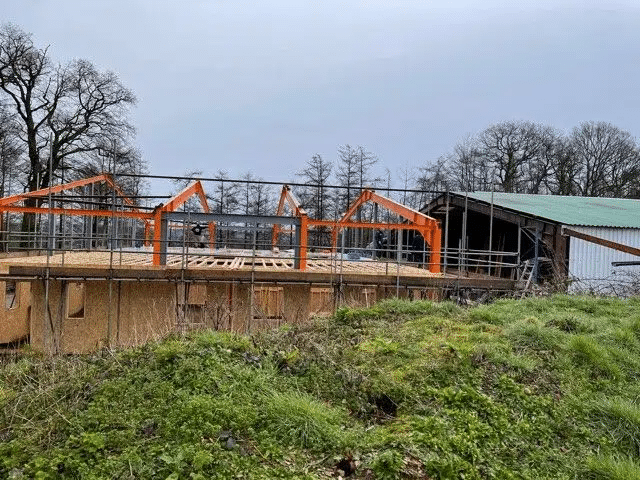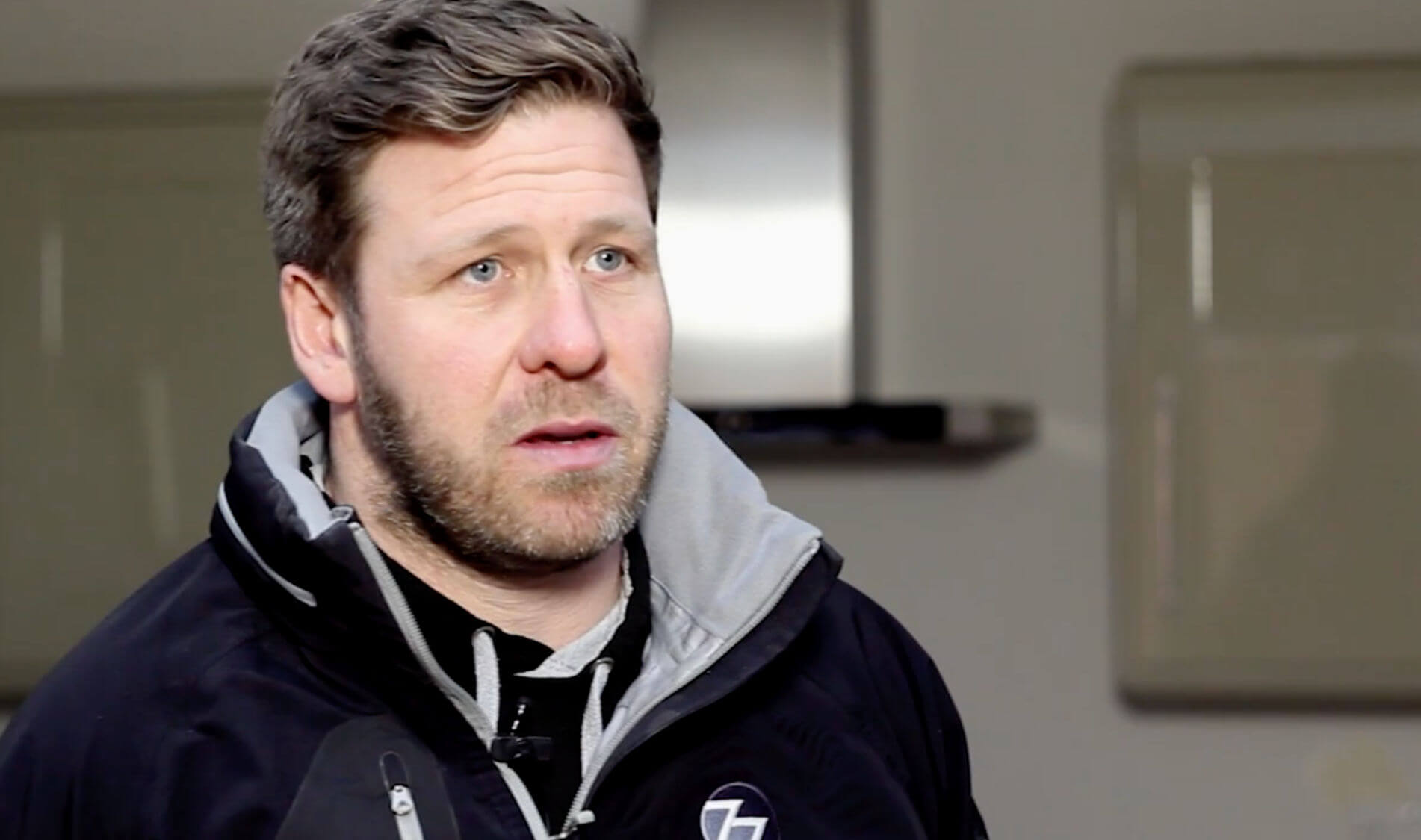Sometimes securing property development finance for small-scale projects can be harder than something that’s 10x the size.
It might seem counterintuitive but some (not all) lenders prefer bigger projects because the potential returns could be larger and these tend to be undertaken by more ‘proven’ developers.
While larger property development projects have way more moving parts and require more investment, they may be safer in the current financial climate, being more able to ride out fluctuations and changes in the market.
While a smaller project may require less outlay, factors outside the developer’s control such as new legislation, evolving buyer preferences or changes to material and labour costs can completely derail the whole thing.
If you’re a smaller property developer, navigating these challenges can be tough. Fortunately, we’re here to help. This guide is specifically for developers who want to take their project from planning to completion.
The Challenges Faced by Smaller Property Developers
Small property developers in the UK face a unique set of challenges that can significantly impact their success. Here are some of the most common ones:
- The planning system: Securing planning permission is often considered one the biggest obstacles for small developers, with complex processes causing significant delays and increasing costs. When margins are fine, costs matter.
- Volatile interest rates: Higher interest rates can increase borrowing costs and make projects less financially viable to smaller developers with less liquidity or assets. Similarly, as people struggle to buy homes and afford mortgages, demand decreases.
- Material and resource costs: Supply chain disruptions, rising material costs and shortages in skilled labourers can cause delays and impact budgets.
- Sustainability targets: While the Future Homes Standard and Biodiversity Net Gain requirements are essential, they do add complexity and expense to development projects which can disproportionately impact smaller developers.
- Land Availability and cost: This affects all developers, but finding suitable land for development can be challenging, especially in desirable locations. When it’s more expensive, smaller developers often can’t compete with larger buyers or handle the squeeze in profit margins.
- Competition from larger developers: Small developers often face competition from larger, more established companies with greater resources and more experience.
How can small developers secure funding?
Small developers can still secure property development finance by approaching the right lenders and ensuring their proposal is as watertight as possible. By doing so, lenders can see that you know what you’re doing, have thoroughly planned and considered every eventuality, and are ultimately a safe investment.
This includes:
- In-depth planning: A strong project plan with realistic budgets, milestones and timeframes is a must. Lenders also need to see plans in place to hit the ground running, with key stakeholders and responsibilities clearly defined. It’s also essential to include a realistic contingency in the plan.
- An exit strategy: Arguably the most important aspect of the proposal for a lender. Create a clear and realistic exit strategy that displays strong local knowledge and an understanding of the market.
- Secure the land and planning permission: Not always possible but securing these two before approaching a lender takes away some of the risk from the project.
Small developers should also explore a range of funding options and lenders. Some, like Hunter Finance, specialise in lending to small and medium-sized developers and use our wealth of local knowledge to bring projects to life.
We can provide a range of development finance options such as property development loans, bridging loans, exit finance, equity finance and pre-completion loans to get you through your project. Sometimes, even with the best planning, the unexpected can happen. But it doesn’t need to derail your entire project.
Some small developers may not have access to the liquidity, capital or assets that larger ones may have. In this case, a flexible approach to funding is needed.
If you’re a first-time or small developer looking for more information, explore our range of helpful guides and insights to start you on your journey.
- First Time Property Developer FAQs
- First-Time Property Developers in Sussex: A Guide to Funding Your Project
- 7 Questions You Should Be Asking Your Development Finance Broker
- What Are The Pros And Cons Of Getting A Property Development Loan?
Are you ready to start your project? Contact us today to find out how our property development finance can help you.






